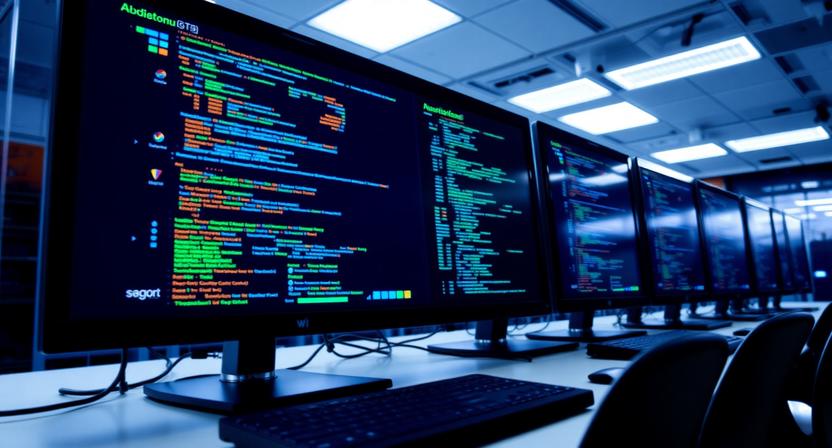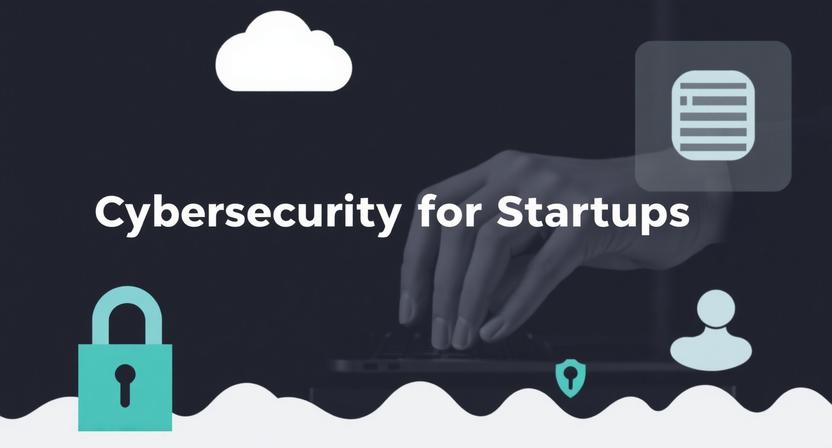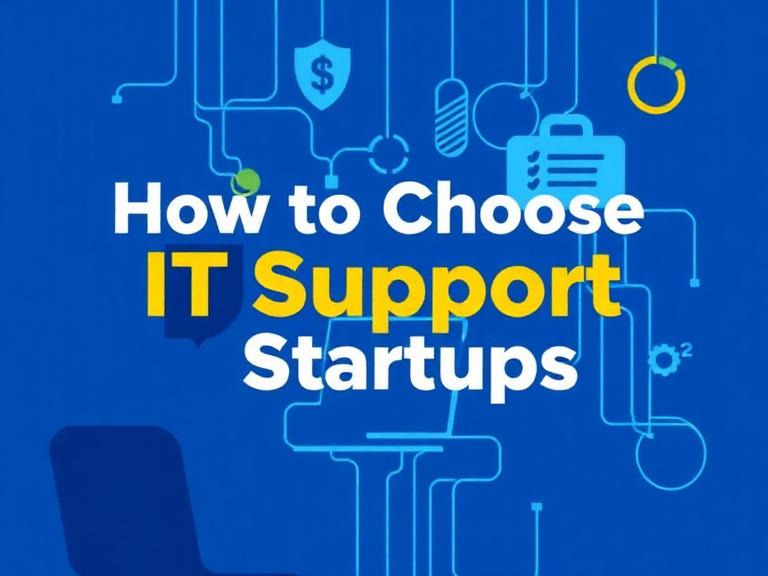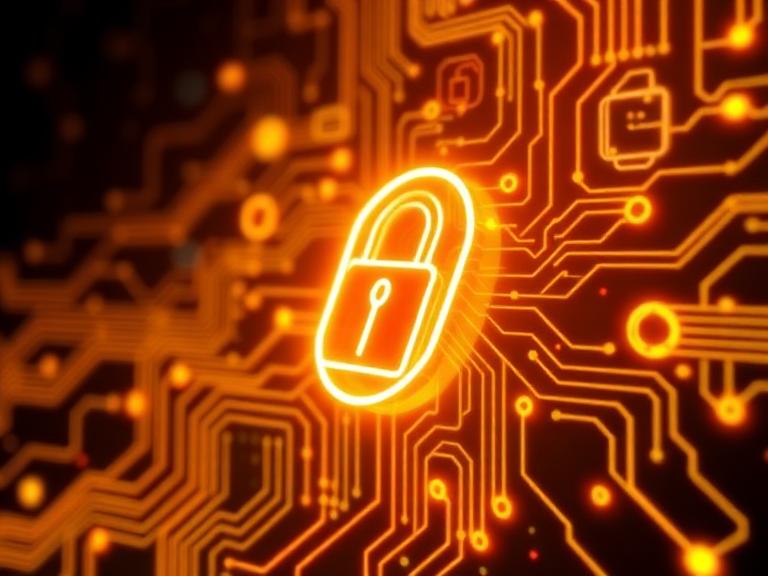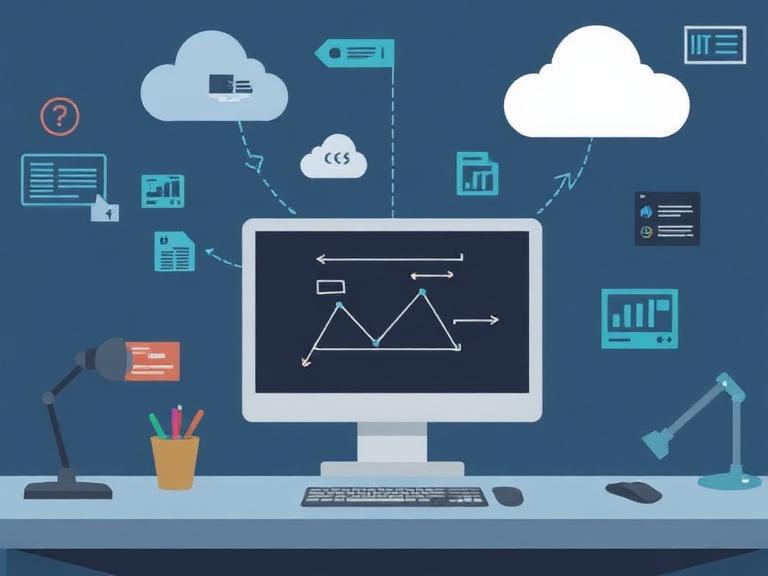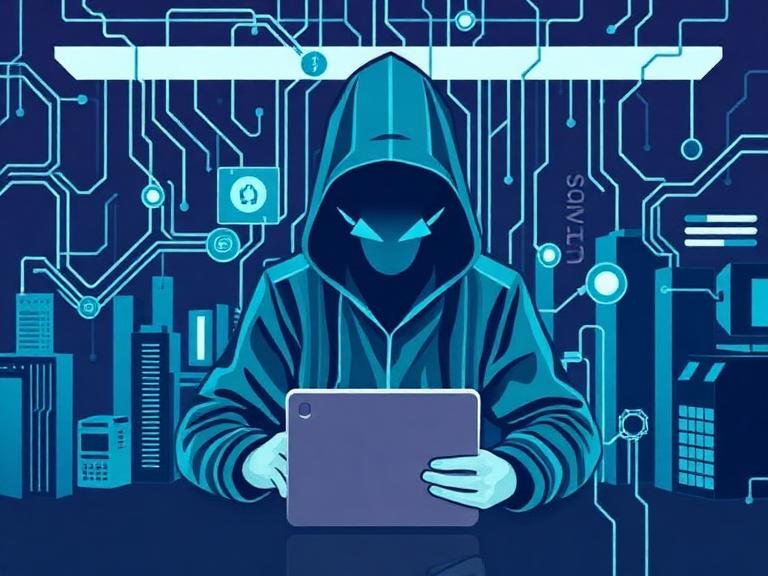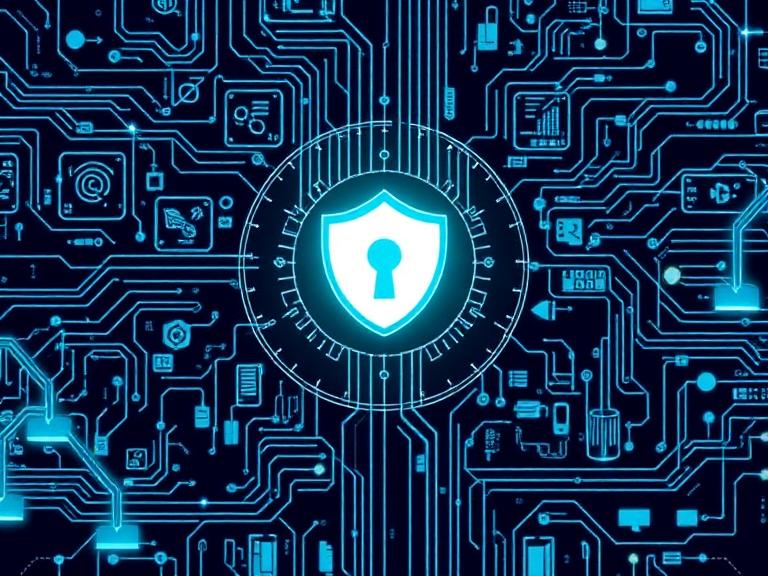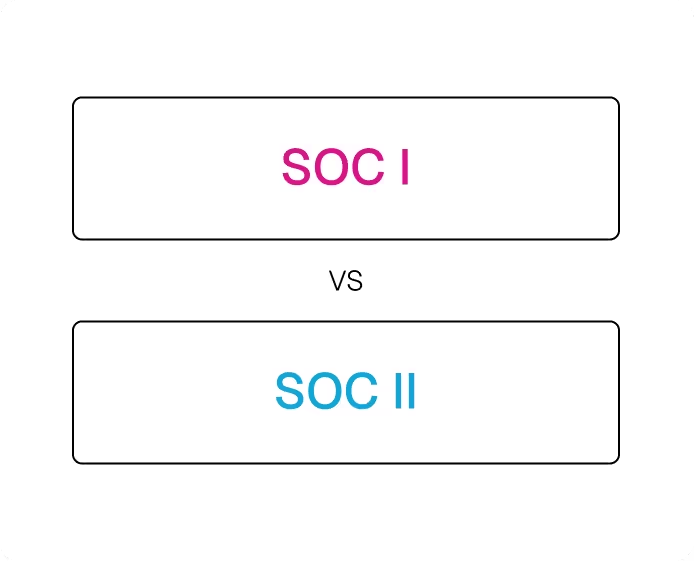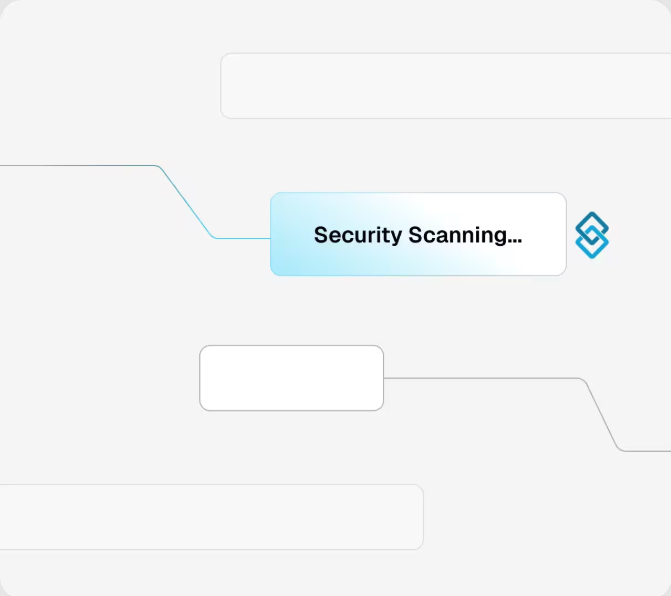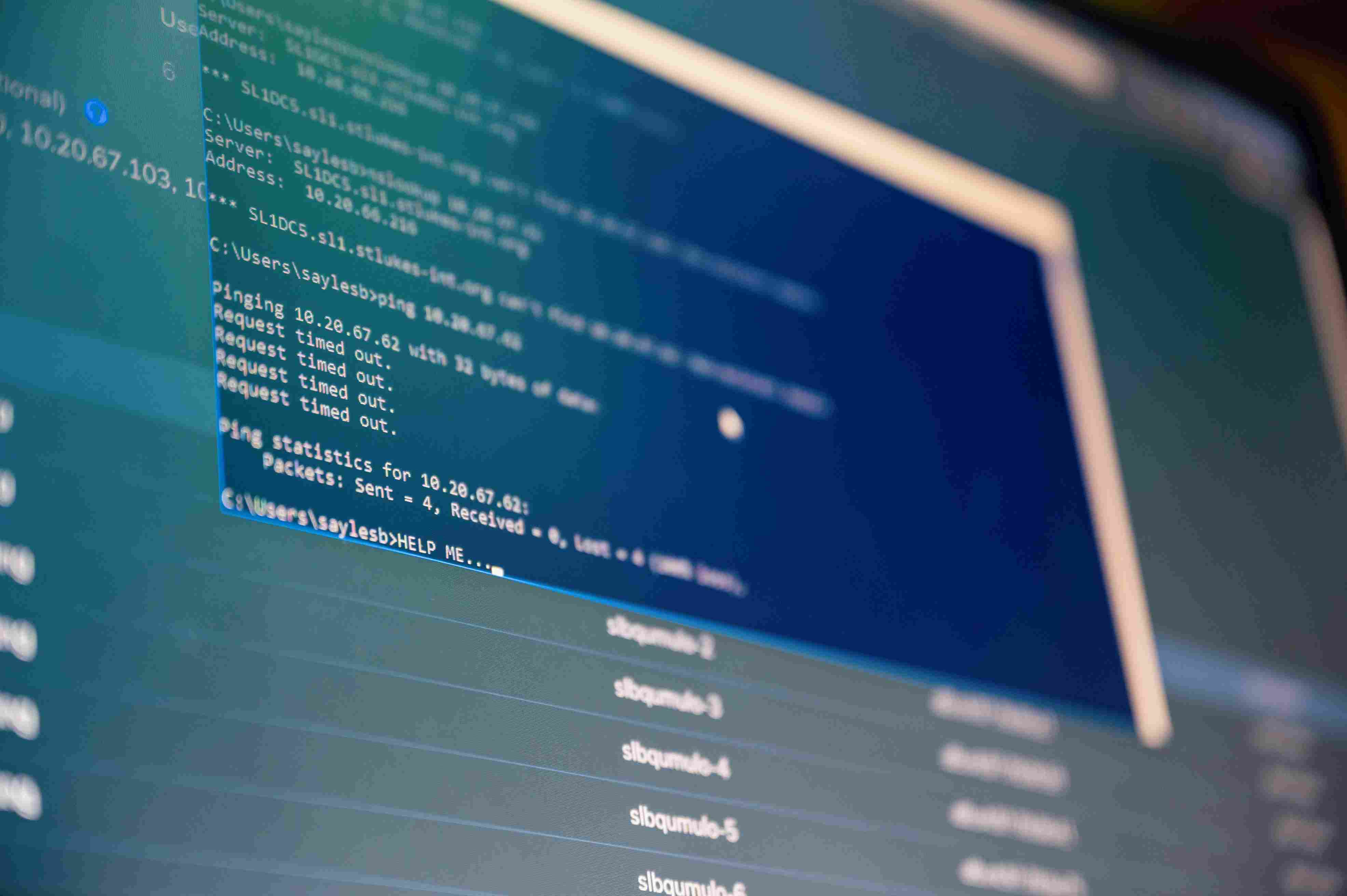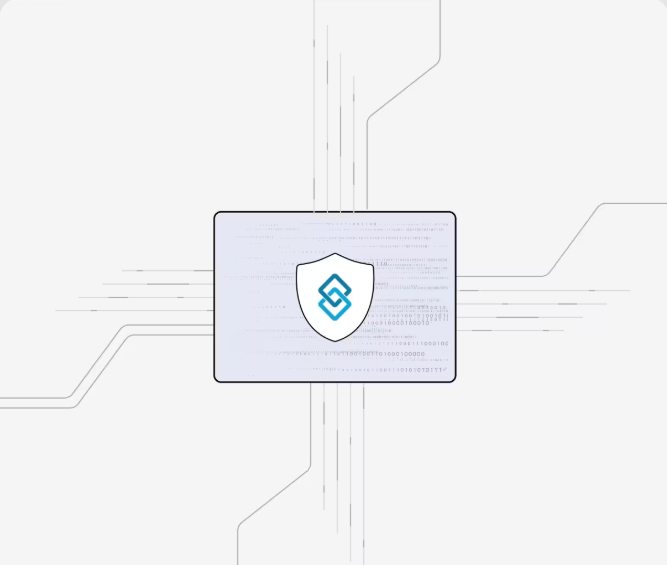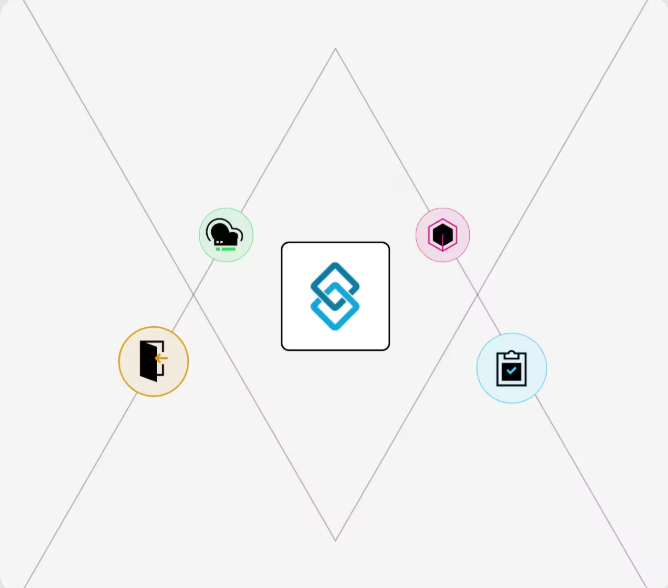vCISO Service
A vCISO (Virtual Chief Information Security Officer) service offers companies executive-level cybersecurity leadership at a fraction of the cost of hiring a full-time CISO, making it especially valuable for startups and mid-sized businesses. While large enterprises or highly regulated industries may still require a dedicated in-house CISO, vCISOs provide scalable expertise, compliance guidance, risk management, and strategic oversight tailored to business needs. Ultimately, the choice depends on organizational size and complexity, but for many companies, a vCISO delivers equal or greater value by combining flexibility, breadth of knowledge, and cost efficiency.
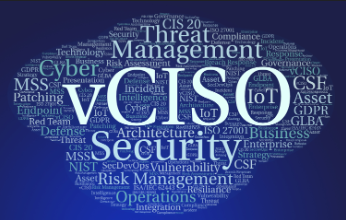
Can a vCISO Service Provide the Same Value as a Full-Time CISO?
When businesses delve into leadership in the realm of cybersecurity, they are often faced with one main question: Is it really possible for a vCISO service to deliver the same benefits that a full-time CISO can provide? It certainly is an important question to be asked. The whole cyber threat landscape changes every day, and companies need experts to guide them through it; however, not every organization is able or willing to pay the salary of a Chief Information Security Officer with a six-figure annual cost. That’s where the vCISO model comes in.
At Sentant, we’ve seen more companies shifting toward fractional cybersecurity leadership because it’s flexible, affordable, and surprisingly comprehensive. But is it really “equal” to a traditional CISO role? Let’s break it down.
What is a vCISO Service?
The vCISO Service (Virtual Chief Information Security Officer) is designed to give companies the go-to service of high-level cybersecurity skills without the need for a full-time job. Working with only one employee, you get the combined knowledge and experience of several security executives who can help set a strategy, take care of the risks, and ensure that your company’s policies are in line with the regulations.
It's similar to hiring a law firm to handle all your legal matters. You do not have to have an attorney on your payroll 40 hours a week. You just need one when it matters most. The same applies to cybersecurity leadership.
The Case for a Full-Time CISO
Honestly, there are cases where having a full-time CISO is absolutely the best option:
- Enterprise scale: A big organization with thousands of employees and a complicated IT infrastructure usually requires someone on the spot every day.
- Highly regulated industries: Probably the financial, healthcare, and defense sectors might also require a dedicated in-house leader for compliance purposes.
- Constant crisis management: Emergencies going on all the time in a company would make a full-time CISO the most logical option to have someone leading.
A full-time CISO is the embodiment of the organization’s security posture. They also know the internal politics, team dynamics, and business intricacies just as well. That depth can be hard to replicate.
Why Many Companies Choose a vCISO Service
Here’s where things get interesting. For many businesses, especially small to mid-sized ones, a vCISO actually makes more sense. Here’s why:
- Cost savings without compromise
For anything in enterprises, there will be debate on the answers. A vCISO service provides the same strategic guidance at a fraction of the cost. - Breadth of expertise
Instead of one person’s experience, you tap into a team of experts. At Sentant, our vCISO clients gain access to specialists in compliance, incident response, risk assessment, and governance. That’s like having multiple CISOs for the price of one. - Scalability
Maybe you don’t need 40 hours of security leadership a week. With a vCISO, you scale up or down as needed. Whether it’s quarterly board reporting or sudden incident management, the service flexes with your business. - Fresh perspective
A full-time CISO may get tunnel vision working inside the same environment day after day. A vCISO, however, brings insights from working across industries, staying ahead of emerging threats and trends.
Can a vCISO Deliver the Same Value?
Here’s the truth: “same value” depends on your needs. For instance, if your business is a small one that demands manual, direct leadership every day, then a vCISO will not be the same. In the case where the organization requires a detailed plan to mitigate risks along with regulatory guidance and the like, then a vCISO is equally as good as a full-time officer (and even better, in some cases).
The key is understanding the scope. A vCISO isn’t a technician patching your systems at 2 a.m. They’re an advisor, strategist, and executive voice for security. In many cases, that’s exactly what companies are missing.
Real-World Scenarios
Let’s put this into context:
- Startup expanding fast: A tech company raising Series B funding needs security policies for investors. A vCISO drafts frameworks, prepares compliance reports, and joins board meetings—all without the startup burning cash on a full-time executive.
- Regional healthcare group: They need HIPAA compliance but don’t have internal expertise. A vCISO guides policy, risk assessments, and staff training while coordinating with IT vendors.
- Midsize financial services firm: They don’t need an in-house CISO daily, but they do need annual audits, SOC 2 compliance, and strategy planning. A vCISO service checks every box.
In each example, the business gets enterprise-grade leadership without the overhead.
Where Sentant Fits In
At Sentant, we built our vCISO services to solve a very specific problem: growing companies need security leadership before they can afford—or justify—a full-time CISO. Our clients get strategic guidance tailored to their stage of growth, plus the confidence that comes from working with experts who’ve seen it all before.
From developing compliance roadmaps to briefing boards on cyber risks, we act as your security leader without the six-figure salary commitment. It’s not about cutting corners. It’s about right-sizing cybersecurity leadership for your actual business needs.
The Verdict
So, can a vCISO Service provide the same value as a full-time CISO? The answer is: it depends on what value means to you. For large enterprises, nothing beats someone in-house 24/7. Nevertheless, in the case of small and medium-sized businesses, as well as numerous large businesses, a virtual Chief Information Security Officer (vCISO) is the source of the necessary direction, meeting requirements, and top executive support without the cumbersome cost.
Actually, a vCISO is more beneficial to many firms because of his/her versatile career and wide range of knowledge.
Final Thoughts
Cybersecurity isn’t about titles—it’s about outcomes. The goal isn’t to check a box that says “we have a CISO.” It’s to protect your company, meet compliance requirements, and reduce risks. Whether that’s done by a full-time executive or a flexible vCISO service, the real win is knowing your business is secure.
And if you’re not sure where your business fits? Well, that’s where a quick conversation with Sentant can help clear things up.
FAQs
1. What does a vCISO service do?
A vCISO service provides executive-level cybersecurity leadership on a flexible basis. That includes creating security strategies, managing compliance, guiding risk assessments, and advising executives—without requiring a full-time hire.
2. How is a vCISO different from a full-time CISO?
A full-time CISO works exclusively for one company and manages security daily. A vCISO, on the other hand, delivers the same strategic guidance but on demand. This makes it cost-effective while still ensuring strong oversight.
3. Is a vCISO service only for small businesses?
Not at all. While startups and mid-sized companies benefit most, larger organizations also use vCISO services for project-based needs, compliance audits, or when transitioning between full-time CISOs.
4. Can a vCISO help with compliance requirements like HIPAA or SOC 2?
Yes. vCISO services are designed to handle regulatory frameworks, conduct assessments, and prepare documentation for audits. They help businesses meet industry standards without extra overhead.
5. How much does a vCISO service cost compared to hiring a CISO?
Costs vary, but generally, a vCISO is a fraction of a full-time CISO's salary. Instead of paying $200k–$300k per year, companies can access the same expertise on a monthly or project basis.
6. Will a vCISO be available during a cybersecurity incident?
Yes, reputable providers like Sentant include incident response as part of their service. While they may not be on-site 24/7, they are available to guide your team, coordinate response efforts, and mitigate damage quickly.
7. How do I know if a vCISO service is right for my business?
If your business needs cybersecurity leadership but can’t justify the cost of a full-time hire, a vCISO service is a smart choice. It gives you flexible access to expertise while aligning with your growth stage and budget.
Will Pizzano, CISM is Founder of Sentant, a managed security and IT services provider that has helped dozens of companies achieve SOC 2 compliance. If you’re interested in help obtaining SOC 2 compliance, contact us.


